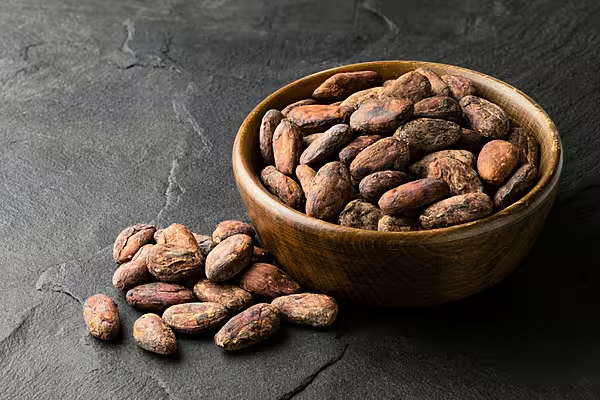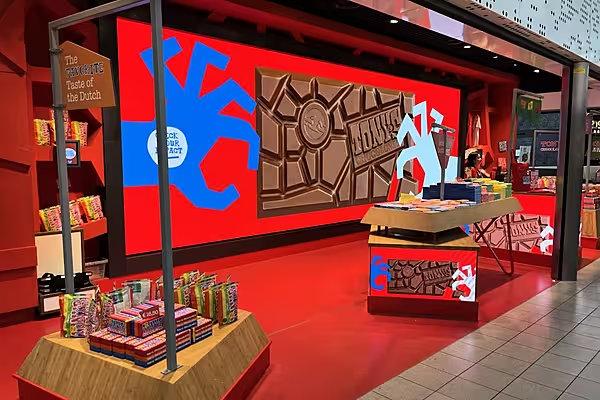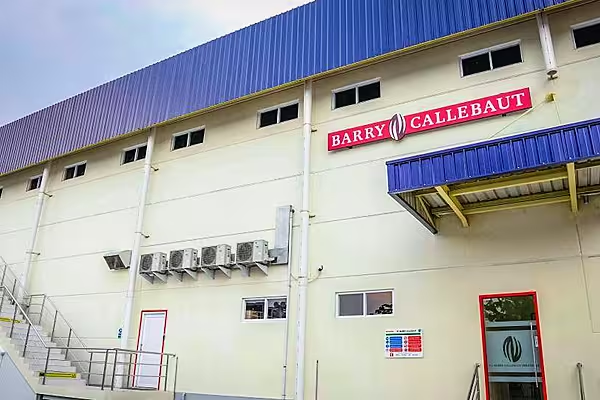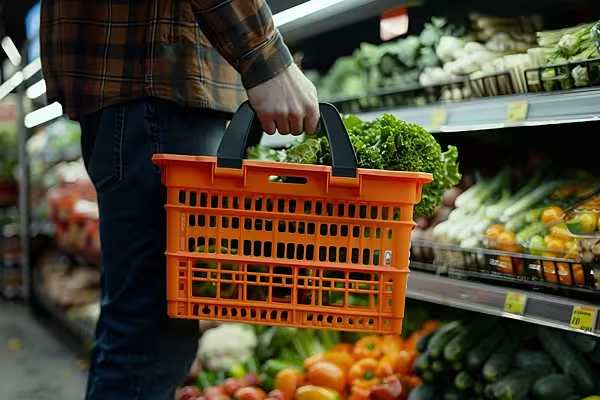Swiss confectionery company Nestlé has significantly expanded its Kit Kat capacity in Brazil by adding a fourth production line to its chocolate factory in Caçapava, São Paulo.
This expansion will make the Brazilian facility the world’s largest manufacturer of Kit Kat chocolate bars, once fully operational next year.
The factory in Caçapava was already the largest manufacturer of chocolate in the Americas, supplying Brazil and 18 other countries in the region.
New Production Line
The Swiss company invested BRL 300 million (€48.6 million) in a new production line, which is part of a larger investment plan for Brazil, totalling BRL 8.5 billion (€1.4 billion).
The Caçapava factory, which produces several brands in addition to Kit Kat, is expected to receive a total of BRL 1.1 billion (€178.5 million) in investment, while BRL 2.5 billion (€405.6 million) will be allocated to expanding production of the animal feed division, Purina.
Brazil is one of the top three Kit Kat consumer markets in the world, behind only China and the United States.
The president of Nestlé Brazil, Marcelo Melchior, commented, “We will expand the production capacity of our operations, innovate and renew our portfolio, promote regenerative agriculture among producers in our main production chains, [and] design packaging to increase circularity and ensure efficiency in operations, which includes waste elimination and rational use of energy and water.”
Technology Focus
Nestlé’s Caçapava factory has been at the forefront of technological advancement in Brazil, becoming the first manufacturing facility in the country to adopt 5G mobile technology.
In addition, the Caçapava unit has partnered with start-ups and universities to develop and implement Industry 4.0 technologies. One of the innovations implemented was a scanner, originally used in medical diagnostics, to identify non-standard products on the production lines.











